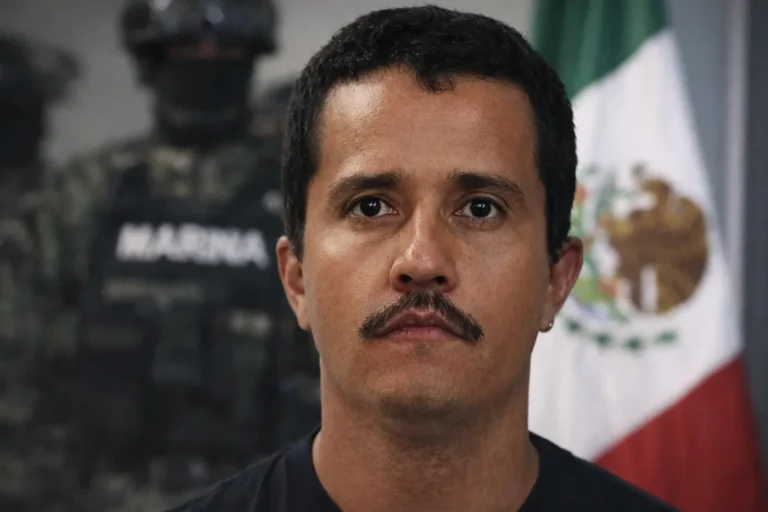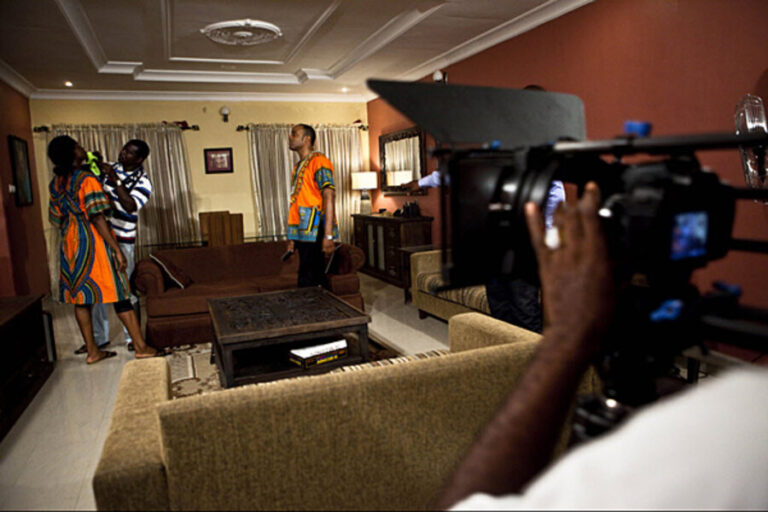
World Theatre Day Celebrated Globally with Cultural Events and Performances
World Theatre Day: A Celebration of Art and Cultural Exchange
Today, March 27, the world is marking World Theatre Day, celebrating the power and significance of theatre arts in society. Established in 1961 by the International Theatre Institute (ITI), the day commemorates the 1962 “Theatre of Nations” season opening in Paris. It has since become an annual occasion that unites theatre practitioners and enthusiasts across the globe.
Theatre plays a vital role in society by reflecting cultural heritage, stimulating social discourse, and providing a platform for creative expression. Every year, events, performances, and workshops are held in numerous countries to honour this art form. This year, themed performances, panel discussions, and digital events are taking place to engage a wider audience and emphasize the importance of theatre in cultural exchange.
Origins and Significance of World Theatre Day
World Theatre Day was founded to promote theatre arts and encourage dialogue between cultures. The International Theatre Institute envisioned a platform allowing theatre artists to share their craft beyond national borders. Since its inception, the celebration has expanded, with hundreds of events occurring in major cities worldwide.
Each year, a renowned theatre artist or cultural figure delivers the World Theatre Day Message, a tradition highlighting the influence of theatre arts. This year’s message, delivered by a prominent playwright, emphasizes the role of theatre in addressing contemporary social issues and uniting communities.
How the World is Celebrating
Countries across different continents are hosting performances, lectures, and workshops to commemorate World Theatre Day. Some notable celebrations include:
- France: Special performances at the Théâtre de la Ville in Paris, showcasing contemporary and classical productions.
- Nigeria: The National Theatre in Lagos hosts a series of plays featuring traditional and modern storytelling techniques.
- United States: Broadway theatres offer behind-the-scenes tours and interactive sessions with actors and directors.
- India: Theatre festivals in Mumbai and Delhi bring together playwrights and actors from various regions.
- South Africa: The Market Theatre in Johannesburg presents a line-up of thought-provoking plays focusing on social justice and cultural heritage.
The celebration also expands to digital platforms, where virtual performances and discussions allow broader participation. Online streaming services showcase exclusive theatre productions, making theatre arts accessible globally.
The Role of Theatre in Cultural Exchange
Theatre has long been a medium for cultural exchange, enabling diverse communities to share their stories and traditions. Many productions incorporate elements of different cultural backgrounds, creating a fusion of artistic expression. Through collaborative theatre projects, artists from various regions come together to explore themes that resonate universally, such as human rights, identity, and social justice.
In countries where traditional storytelling remains integral to their heritage, World Theatre Day reminds people of preserving and promoting these traditions. Many productions highlight historical narratives and contemporary issues by combining modern theatre techniques with folklore.
Challenges and Future of Theatre Arts
Despite the vibrancy of theatre arts, the industry faces challenges such as funding limitations, lack of government support, and competition from digital entertainment. However, initiatives to integrate theatre with technology, social media, and digital storytelling are helping to sustain interest and expand audience engagement.
Organizations and governments are urged to provide more funding for theatre arts education and infrastructure as part of World Theatre Day. Increased support for playwrights, actors, and directors can ensure that theatre continues to thrive and inspire future generations.
Conclusion
World Theatre Day remains a powerful global movement highlighting the importance of theatre arts in society. By fostering cultural exchange, creative expression, and social dialogue, theatre continues to shape the world in meaningful ways. As artists and audiences come together today to celebrate, they reaffirm the enduring power of theatre to inspire, educate, and bring people closer together.






